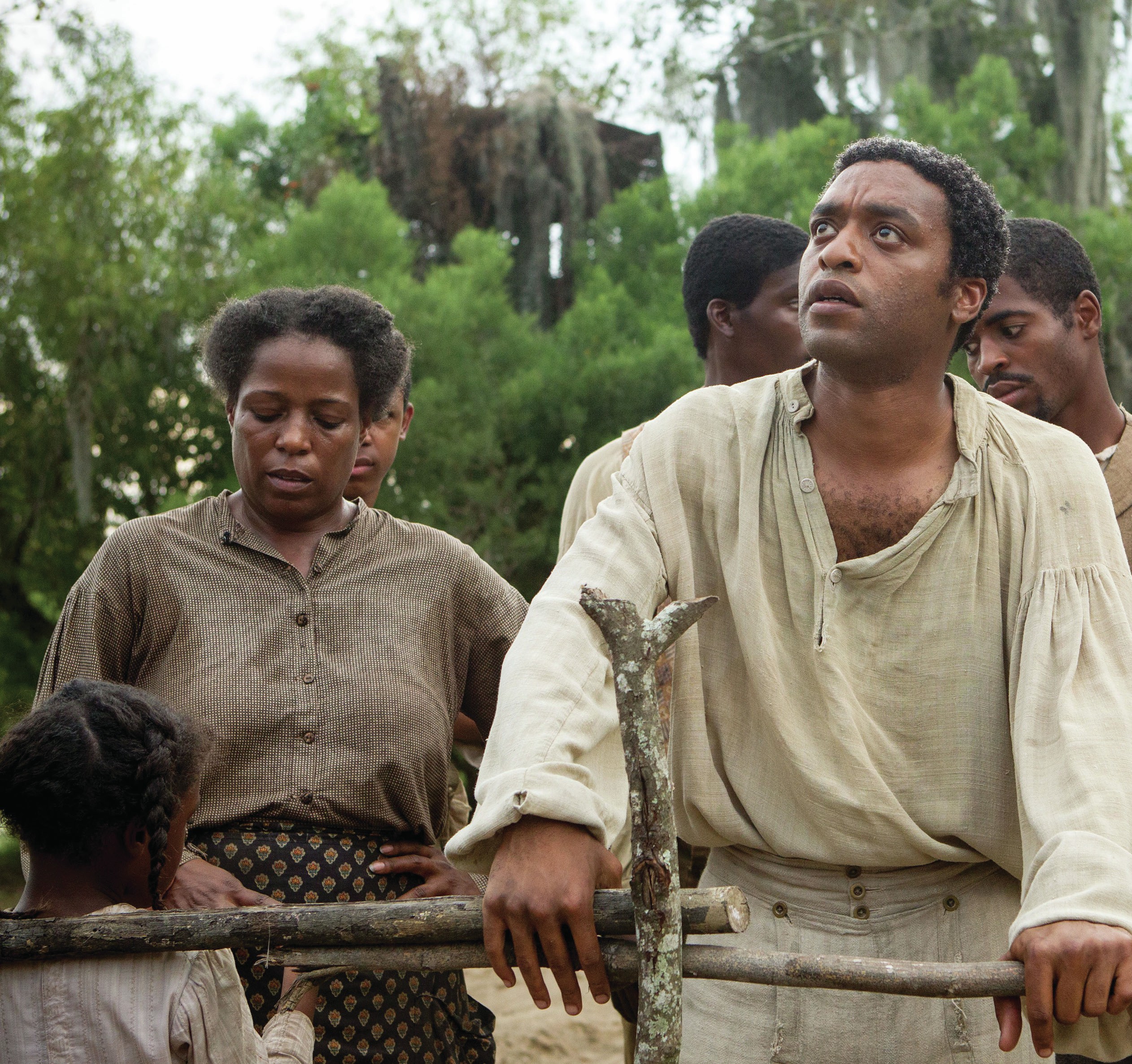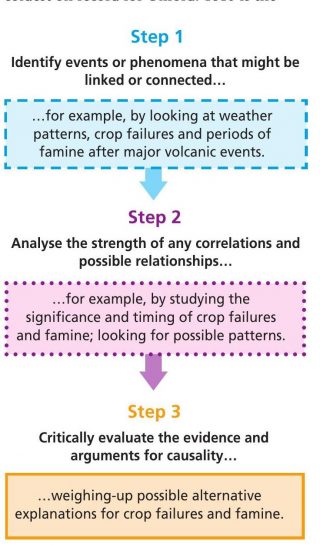
When the film of Solomon Northup’s Twelve Years a Slave appeared in 2013, one of the most prominent ingredients in its reception was surprise: how had such a rare and important story broken into the open at last?
In fact, a very large number of comparable narratives were published in the USA in the period leading up to the devastation of the American Civil War (1861–66). Although it is often thought that this was a war specifically intended by Abraham Lincoln and the northern states to free slaves held in the south, its causes were as much economic as ideological: slavery had created an economic imbalance, and the south feared that its abolition would be ruinous. In the war of ideas, men and women who had been enslaved themselves made a crucial contribution. Their testimony made the moral case for abolition overwhelming.
Your organisation does not have access to this article.
Sign up today to give your students the edge they need to achieve their best grades with subject expertise
Subscribe




